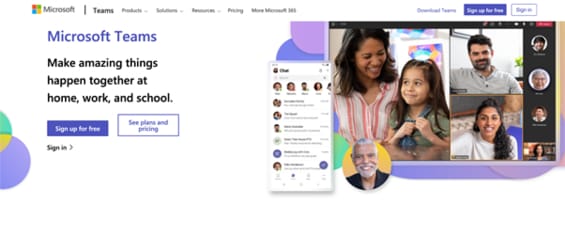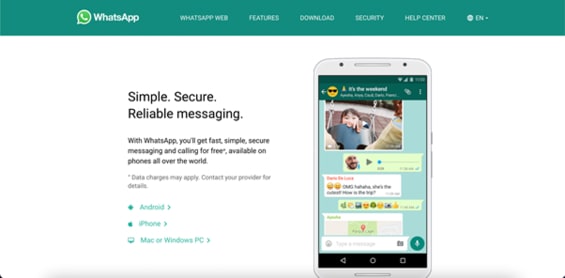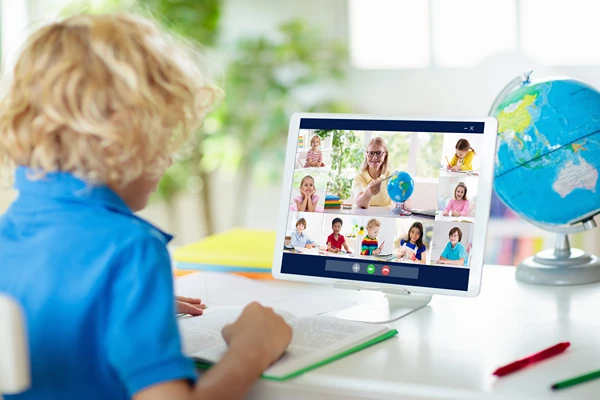The Importance of Methodology to Make Learning Mathematics Easier
The American mathematician Paul Lockhart affirms that Mathematics is the “art of explanation”. A quote which hits the nail on the head: as a Science it is of enormous importance, because it can be used to describe a multitude of real phenomena and to help us understand the world around us.
Therefore, ideally, people should become familiar with the world of numbers and learn at an early age how to use them to solve problems.
Equipped with an understanding of the basic concepts of mathematics, children learn to describe and analyze quantities, discover space and shapes, establish relationships between objects, etc. In other words, they acquire skills and competencies that help them, from that moment on, to better know and understand reality and to respond to it according to their needs.
This is why a child’s first contact with mathematics represents a crucial moment that can mark their subsequent relationship with maths.
The teaching innovation for a “friendly” mathematical approach to problem solving
This is where the methodological approach takes on vital importance. Mathematical curricular learning must be strongly influenced by the latest technological innovations and new pedagogical strategies, so that young pupils can benefit from a program tailored to their needs and immediately receive the keys to interpret their environment and carry out problem solving from a numerical perspective.
And, along these lines, the new techniques selected and developed to teach this subject place less emphasis on calculation, while prioritizing customized content and the use of efficient mechanisms to reinforce the most important conceptual aspects.
As such, the most pioneering approaches propose ‘simple mathematics’ techniques, where the manipulation of objects and the performance of simple exercises are the paths by which children can achieve four clear objectives:
- Problem solving
- The ability to reason, deduce and argue
- The ability to connect ideas and/or concepts
- The ability to both communicate and represent mathematical information via any channel
Learning mathematics through video games is possible
One of the first forms of manipulative teaching to emerge in Spain is the ‘ABN Method (Algorithms Based on Numbers)’. It was devised by Jaime Martínez Montero in order to make it easier to learn traditional mathematics, thanks to the use of operations that are completely understandable by the pupil. How? Quite simply, by converting quantities into realities that can be manipulated: lentils, marbles, toothpicks or rubbers. Thus, through visualization and manipulation, pupils assimilate the mathematical concept behind each figure much more easily, from outside the world of numbers, in addition to learning to establish associations.
However, at ProFuturo we have gone a little further, by developing an even more distinctive and innovative methodology for learning mathematics. Through the collaboration of Fundación Telefónica Perú and the Pontificia Universidad Católica of Perú, we have promoted the ‘Mathemagical Oracle’ project as a didactic and gamified learning approach to this branch of knowledge.
The result of this work has been the creation, by computer programmers and educators from the aforementioned university, of a pioneering application in Latin America. This application is aimed especially at pupils between the ages of 10 and 14 so that, through an approach based on exercises and games, they can learn mathematics in a fun and adventurous context. Mainly, because the video game motivates pupils, presenting them with constant challenges and constant trial and error situations, within an interesting narrative context that blends history and magic.
In fact, it is no coincidence that the characters pupils may encounter on their adventures within the application are strongly inspired by great mathematicians of universal renown, such as Hypatia of Alexandria, Liu Hui, Leonardo Fibonacci or Alan Turing. And so, gGuided in this manner, children and young people approach the development of their mathematical skills with passion and ambition, and enjoy tackling problems that, in another context, they might find uncomfortable and boring.
‘Problem Solving in the World of Numbers’, an accessible resource to make math easy
And that’s not all, because, by way of our resources directory, we also make available to teachers the teaching unit ‘Problem Solving in the World of numbers’. Because this is meant to be a starting point for the curricular learning of Mathematics, it proposes a series of customizable challenges for pupils which give them the opportunity to face challenges involving reasoning, deduction or analysis.
For its correct use children (ages 6 to 8) will not need to already be familiar with this discipline. Because, in reality, this unit poses some ‘simple mathematics’, while offering teachers the necessary tools to guide pupils through its most relevant concepts. So that, once they have finished, they understand the cultural and social usefulness of numbers, know how to use them in simple tasks (ordering, comparing or identifying) and learn to interpret, organise and represent them in different contexts.
In short, tremendously useful skills that get them off to a good start in the world of mathematics and, more importantly, motivate them to approach mathematics with desire and enthusiasm, thanks to a methodological approach where their experience is the central axis and the idea of learning by playing is behind each exercise.
Learn about limits in calculus (definition and rules) and why students find limit calculation difficult.














